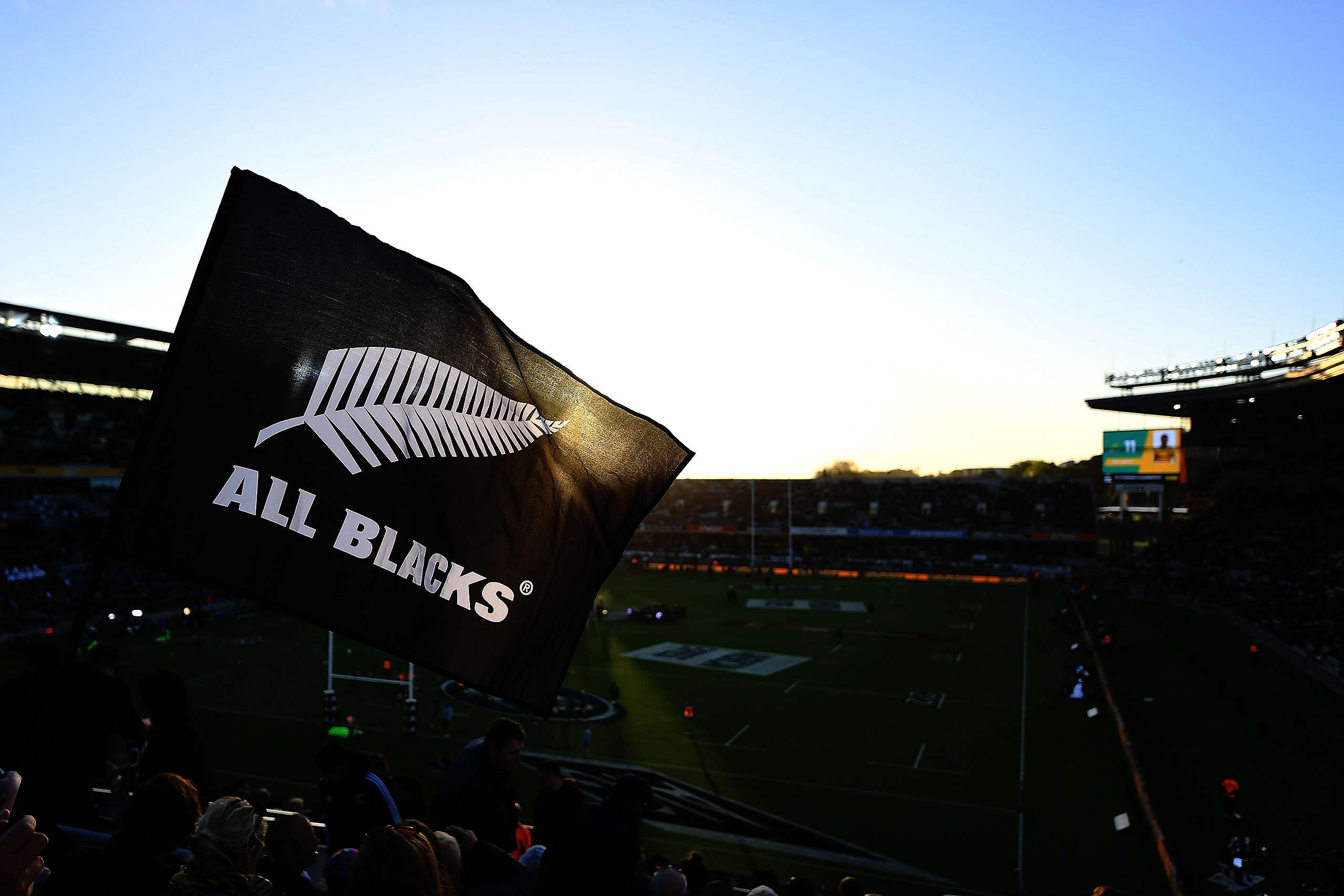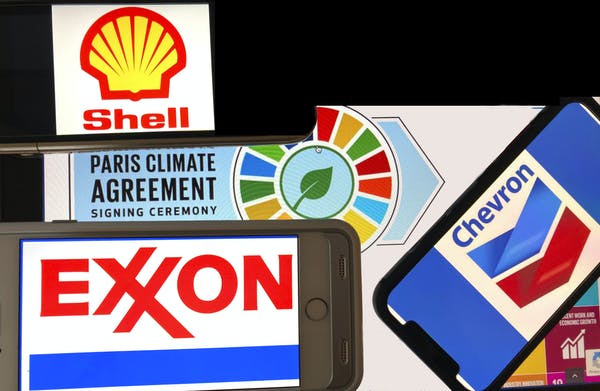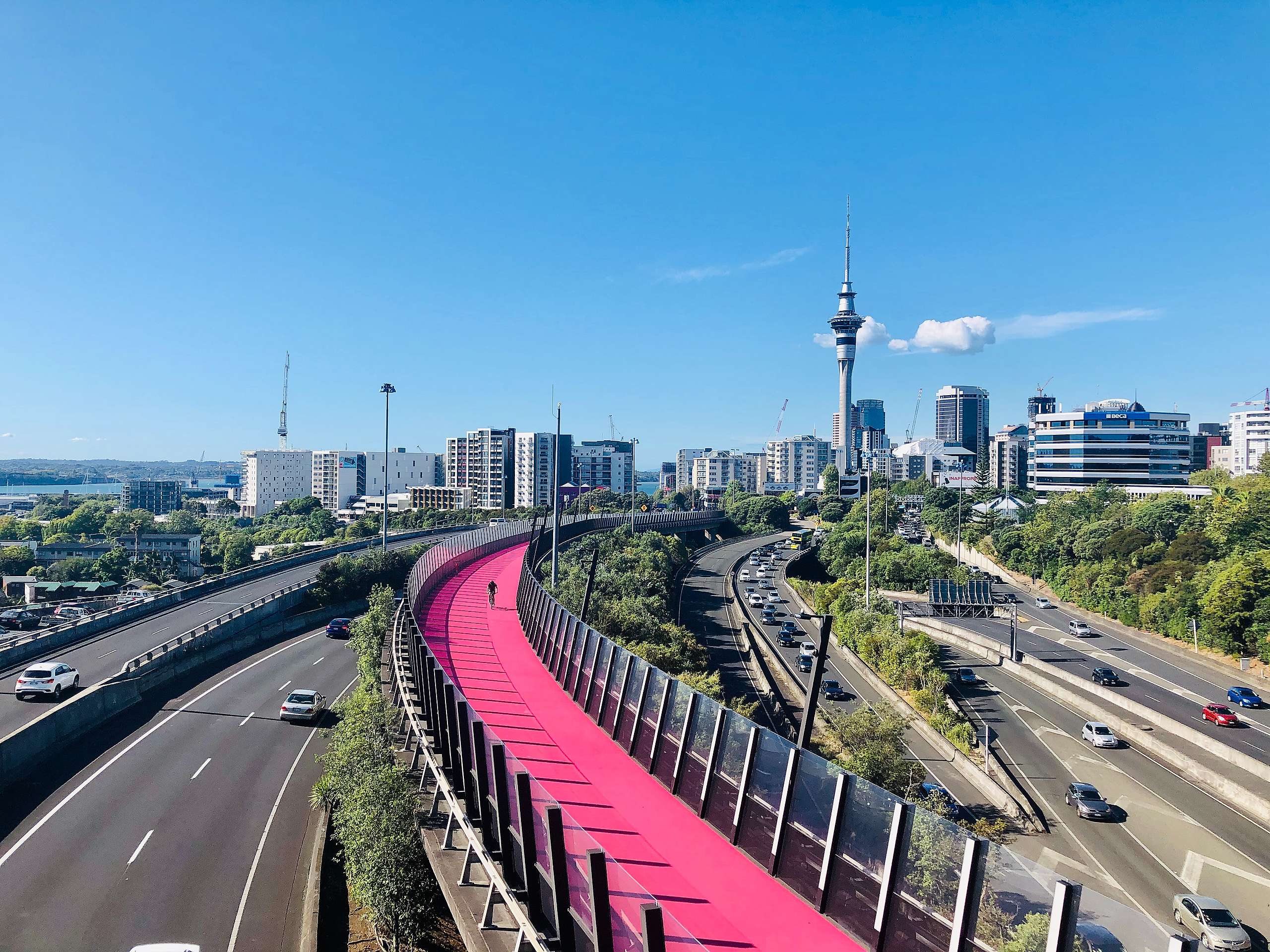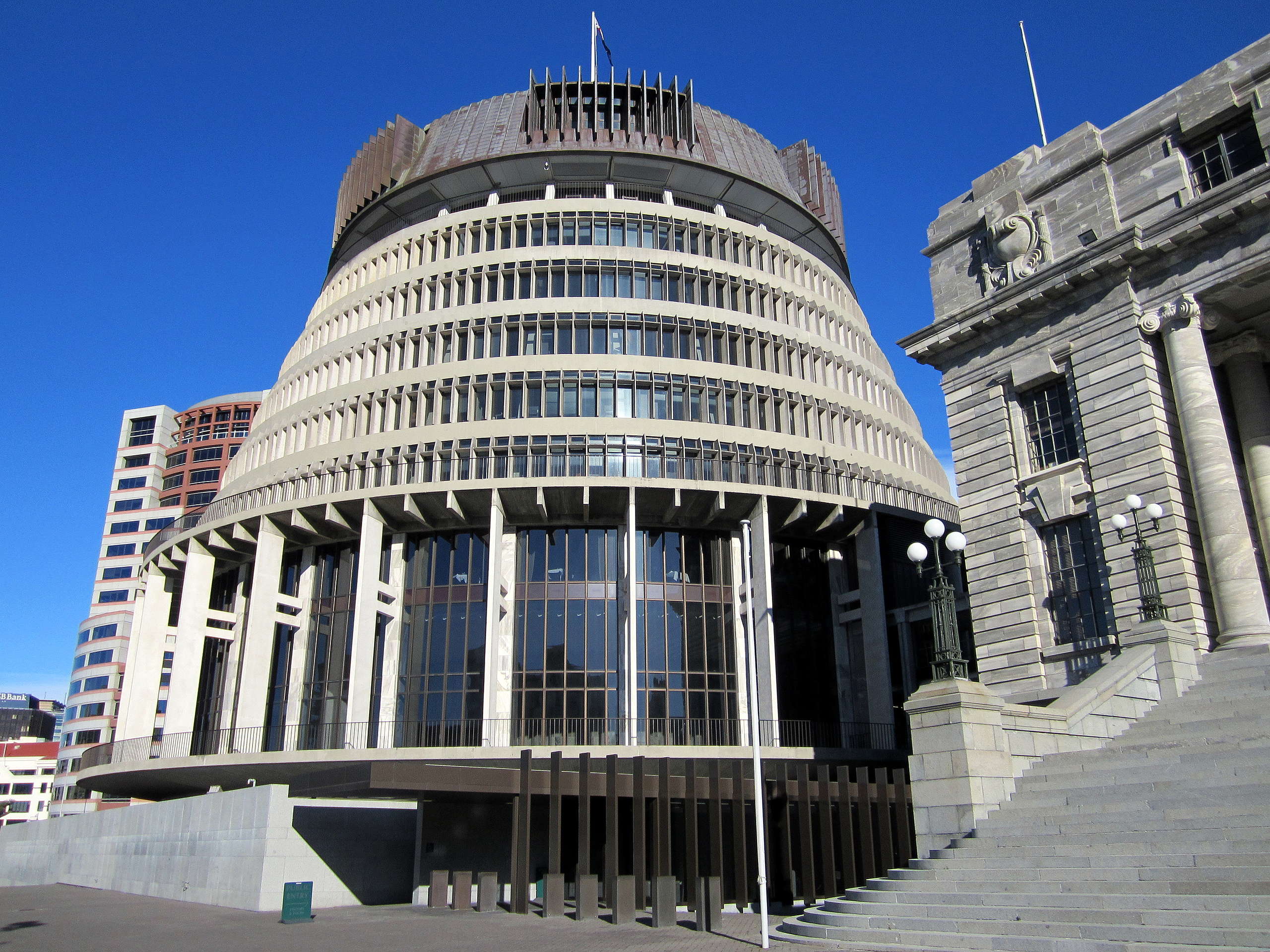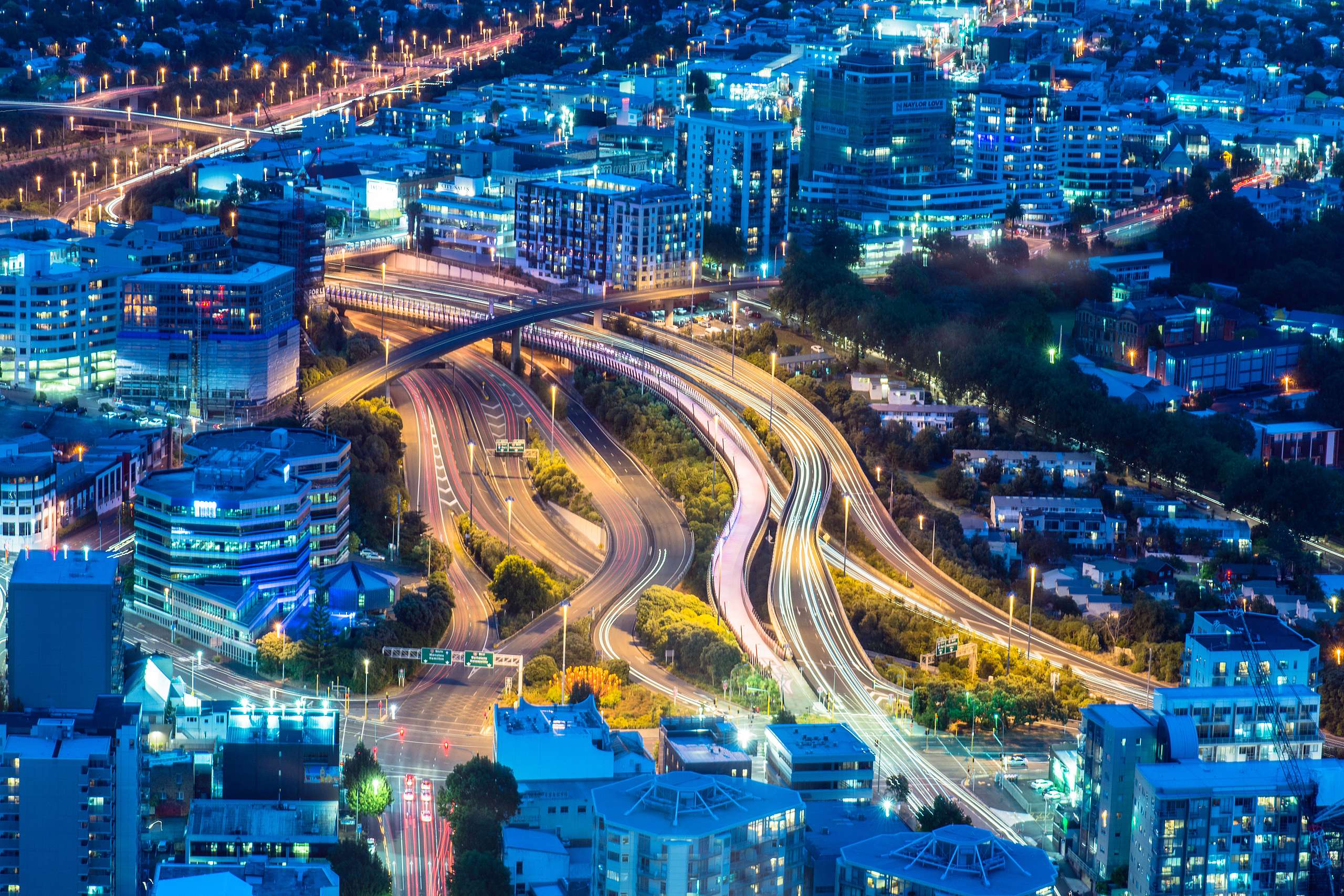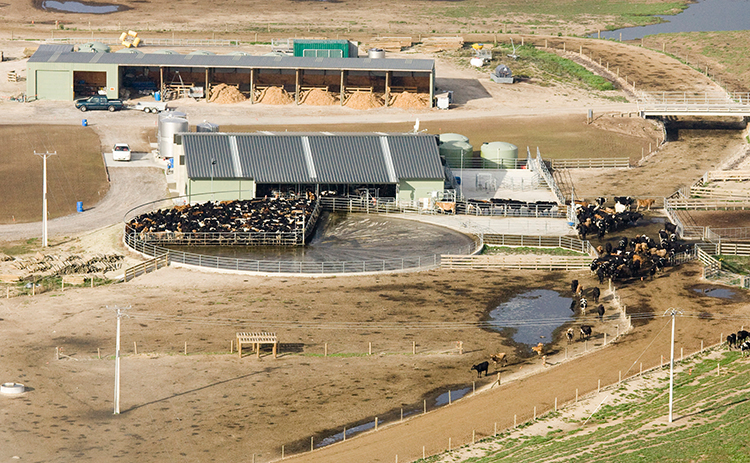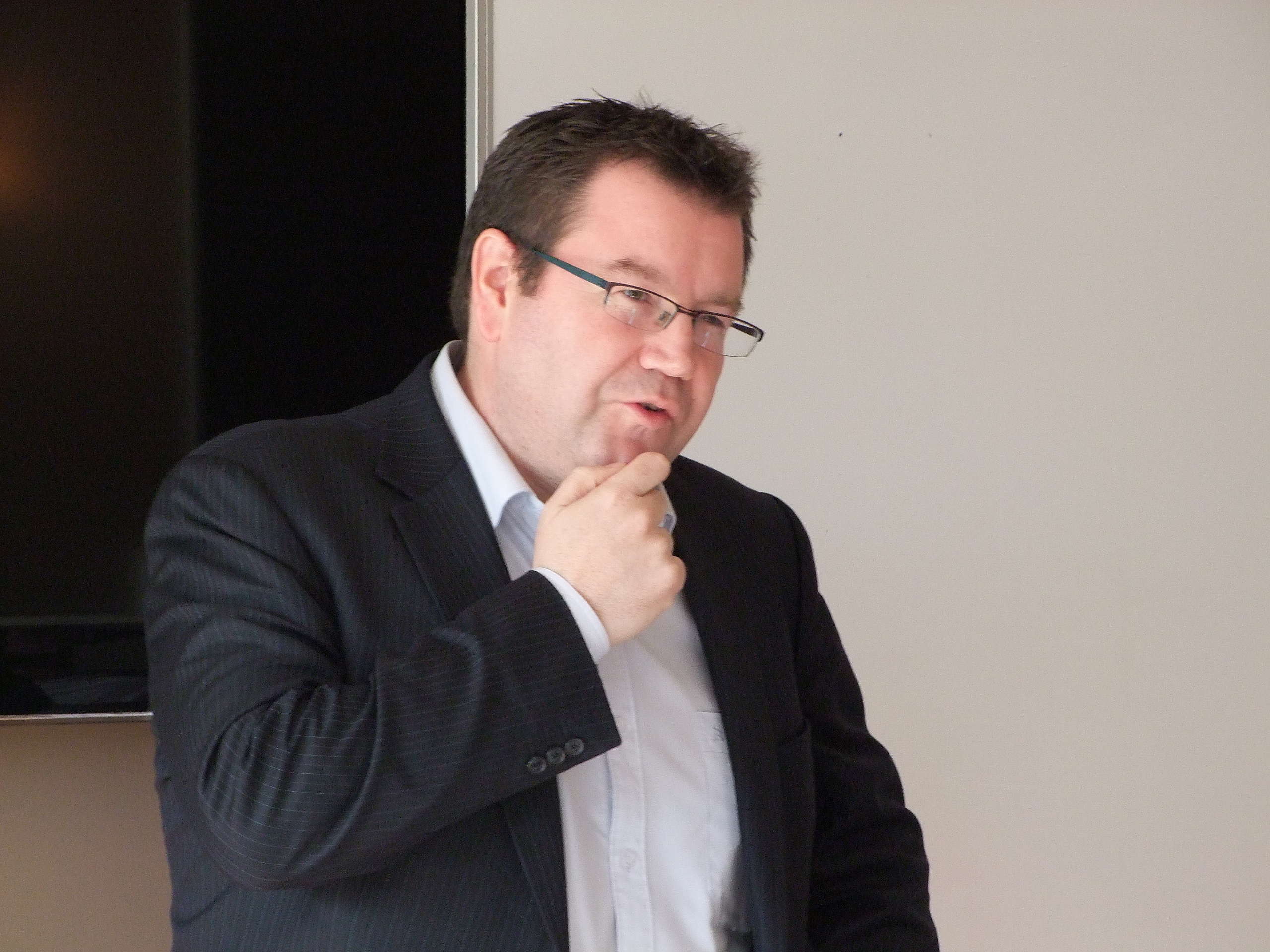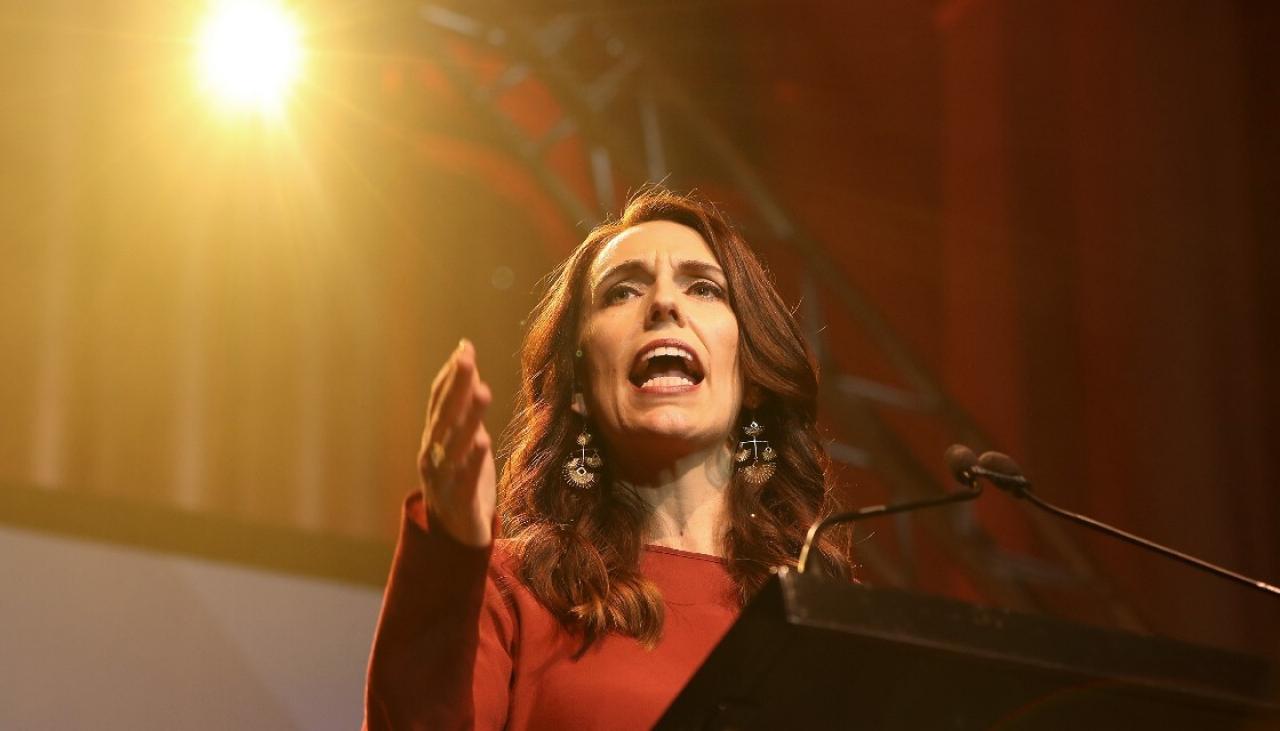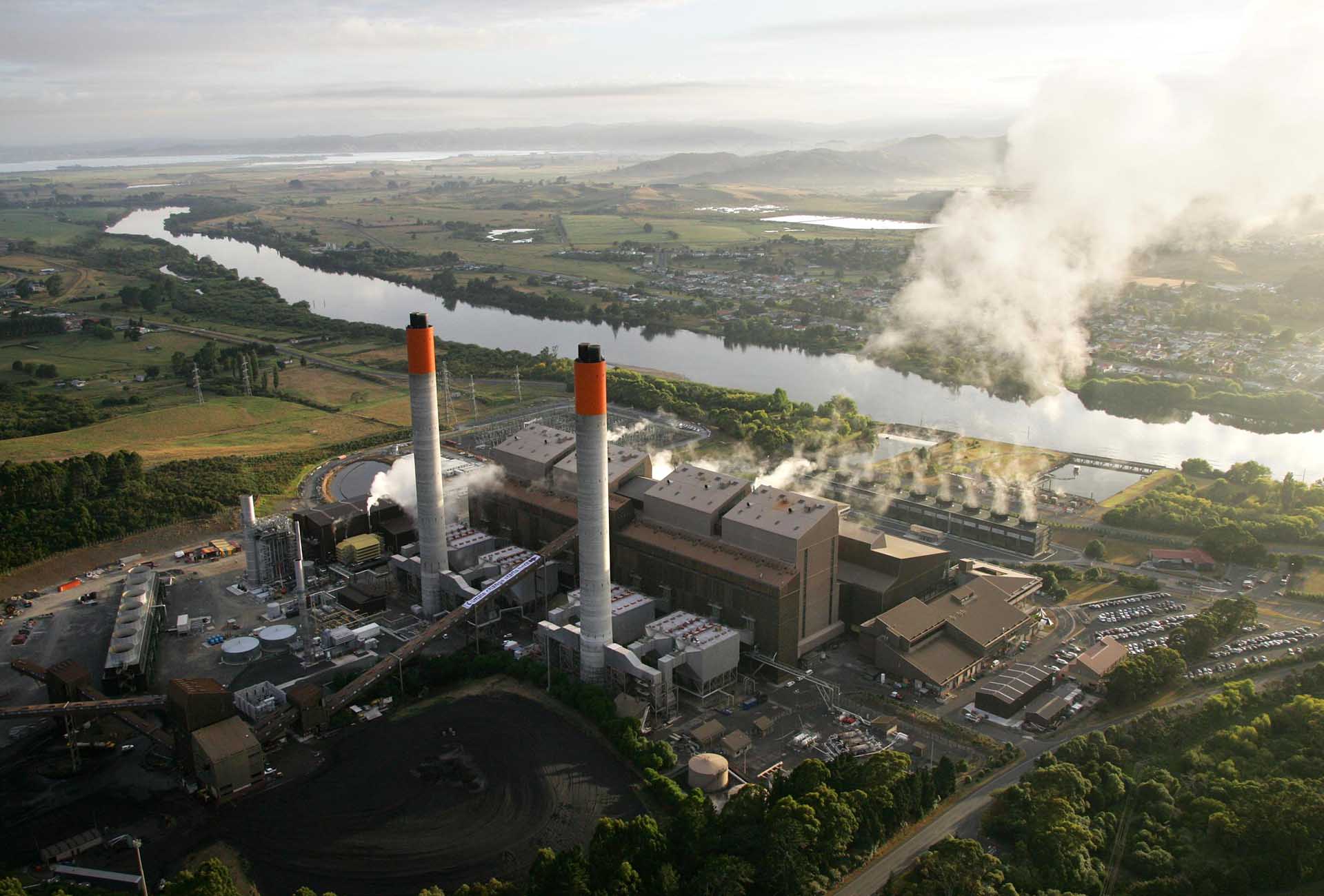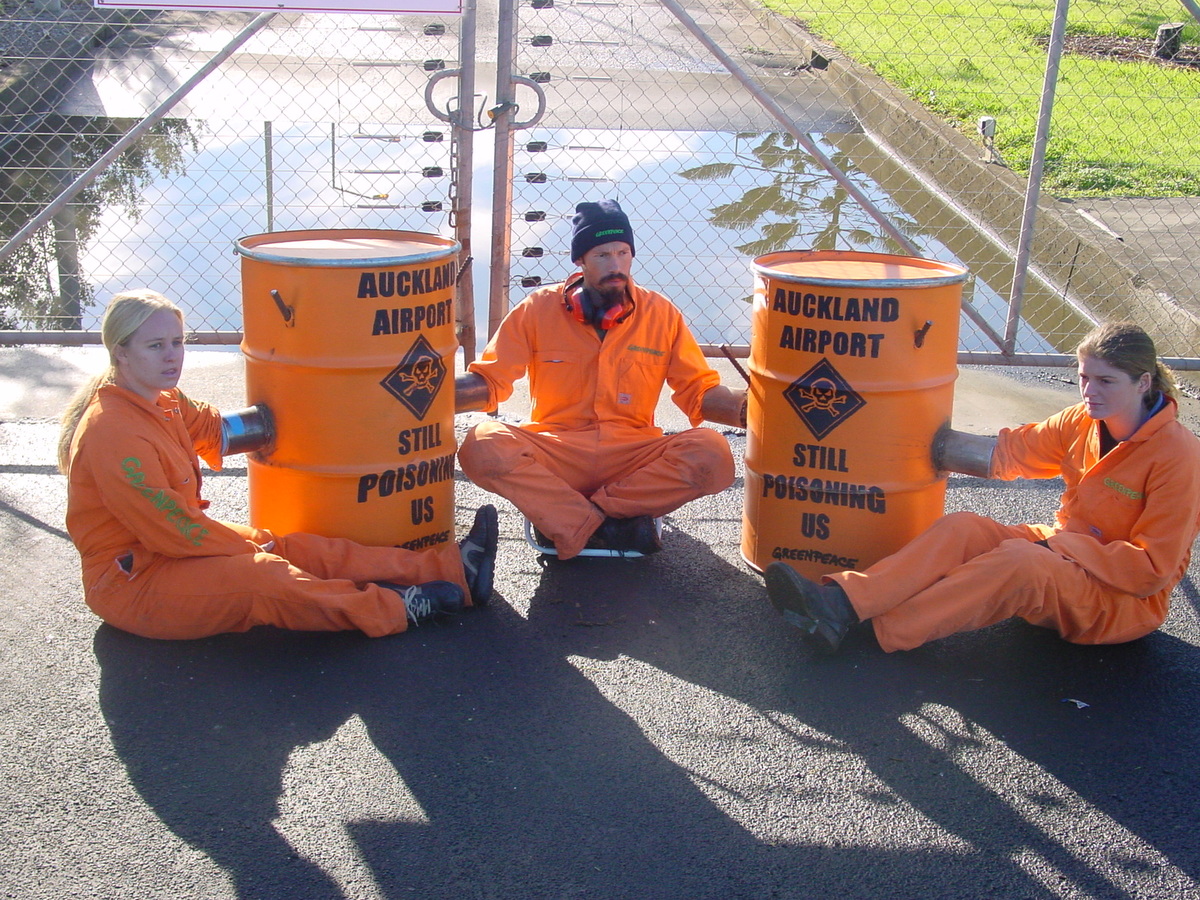-
Greenpeace congratulates new All Blacks team, renews call to dump INEOS oil industry sponsor
Greenpeace is congratulating the new All Blacks team named last night and renewing its call on NZ Rugby to ‘keep oil off the All Blacks’.
-
Four seismic climate wins show Big Oil, Gas and Coal are running out of places to hide
Three global fossil fuel giants have just suffered embarrassing rebukes over their inadequate action on climate change. Collectively, the developments show how courts, and frustrated investors, are increasingly willing to force companies to reduce their carbon dioxide pollution quickly.
-
All Aboard Aotearoa: Submission on the Draft Regional Land Transport Plan
All Aboard Aotearoa is a coalition of climate and transport advocacy groups, including Generation Zero, Bike Auckland, Movement, Women in Urbanism, Greenpeace, Lawyers for Climate Action NZ Inc, among others.…
-
Budget 2021 delivers nothing but loose change for climate crisis
Today’s Budget announcement offers little more than loose change for tackling the climate crisis. It’s incredibly frustrating to watch this Government continue a slow and incremental approach to dealing with what is a major and urgent crisis. Winning slowly on climate change is the same as losing.
-
Electric vehicles announcement a baby step for the climate
More electric vehicles for the public sector is a small step in the right direction. But in the face of the climate crisis, it's just a tiny baby step at a time when this Government has both the mandate and the means to move leaps and bounds ahead on clean transport.
-
New UN climate report shows cutting methane crucial for climate and health
Greenpeace is today urging the Government to heed United Nations’ advice to rapidly cut climate pollution from methane.
-
Budget 2021: Found billion dollars a second chance to build back better
Greenpeace is calling on Finance Minister, Grant Robertson to use the recently uncovered $926 million of unspent Covid Recovery funds to make good on Labour’s election promise to ‘Build Back…
-
The 1.5℃ global warming limit is not impossible – but without political action it soon will be
Limiting global warming to 1.5℃ this century is a central goal of the Paris Agreement. In recent months, climate experts and others, including in Australia, have suggested the target is…
-
Climate scientists: concept of net zero is a dangerous trap
Sometimes realisation comes in a blinding flash. Blurred outlines snap into shape and suddenly it all makes sense. Underneath such revelations is typically a much slower-dawning process. Doubts at the…
-
New Zealand’s COVID-19 stimulus is a ‘lost opportunity’ to move towards a low-emissions economy
In every crisis there is opportunity. Even during New Zealand’s strictest COVID-19 lockdown last year, many people felt the pandemic offered a chance to tackle other global crises, especially climate…

